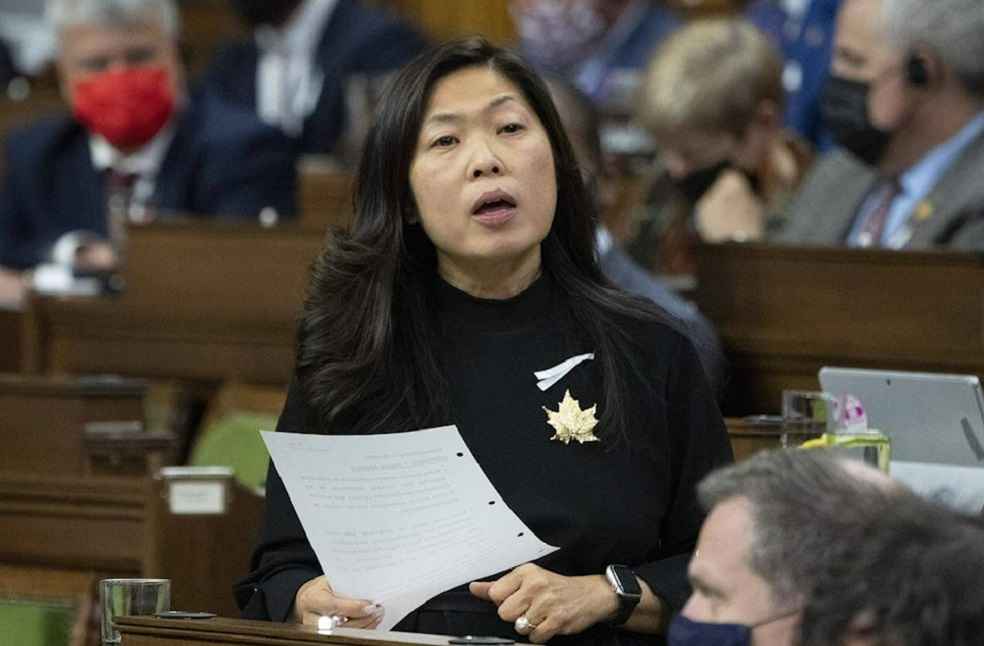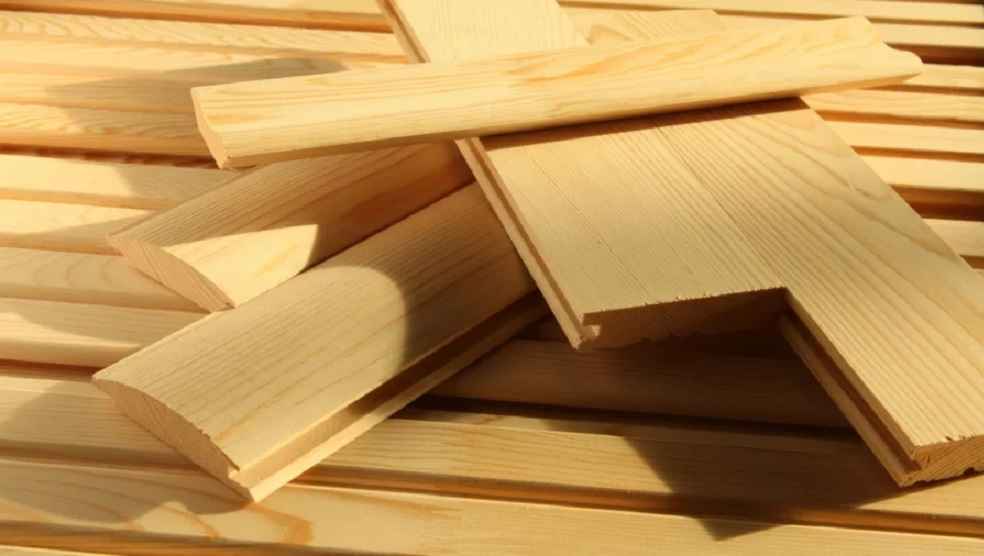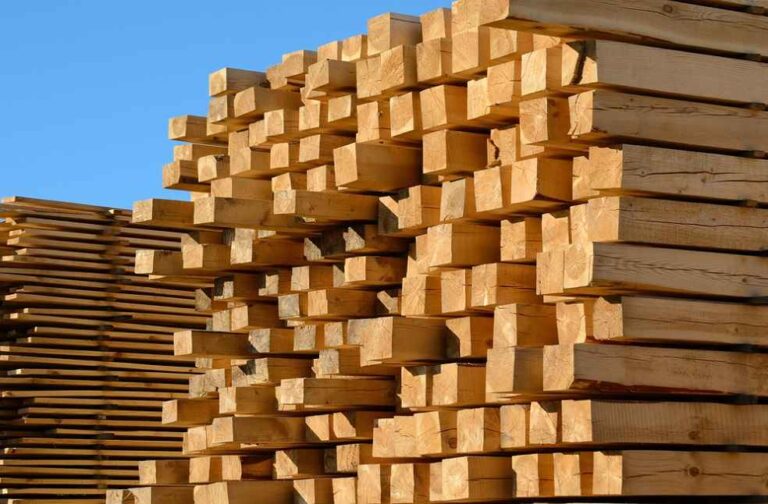The U.S. Department of Commerce has sharply increased duties on Canadian softwood lumber, pushing the rate from 8.05% to 14.54%. This move has drawn swift condemnation from Canadian officials and industry leaders, who view the action as both unfounded and damaging.
This duty increase reflects U.S. concerns that Canadian lumber is being sold below market value, a claim supported by the U.S. Lumber Coalition. The coalition argues that Canada’s pricing practices distort the U.S. market, compounding the difficulties faced by American sawmills. “Lumber demand and prices are at record lows and mills across the country are struggling to keep afloat,” said Andrew Miller, chairman of the coalition.

In Canada, the response has been strong. Mary Ng, Canada’s Minister of Export Promotion, International Trade, and Economic Development, criticized the U.S. action as lacking justification. She highlighted the negative impact on consumers and producers across both nations, particularly on workers and local economies.
British Columbia’s Minister of Forests, Bruce Ralston, expressed disappointment with the U.S. decision, emphasizing the strain it will place on British Columbia’s forest industry, which already faces significant challenges. He warned that the increased duty would further complicate the industry’s recovery.

Kurt Niquidet, President of the B.C. Lumber Trade Council, rejected the U.S. Lumber Coalition’s accusations, asserting that the decision is without merit. He pointed out the potential harm to production and the wider community as costs rise.
Canada plans to challenge the U.S. decision through legal channels, including the North American Free Trade Agreement (NAFTA), the Canada-United States-Mexico Agreement (CUSMA), and the World Trade Organization (WTO).
IMEX SECTOR | India Seeks Swift Approval to Boost Grape Exports to New Zealand



